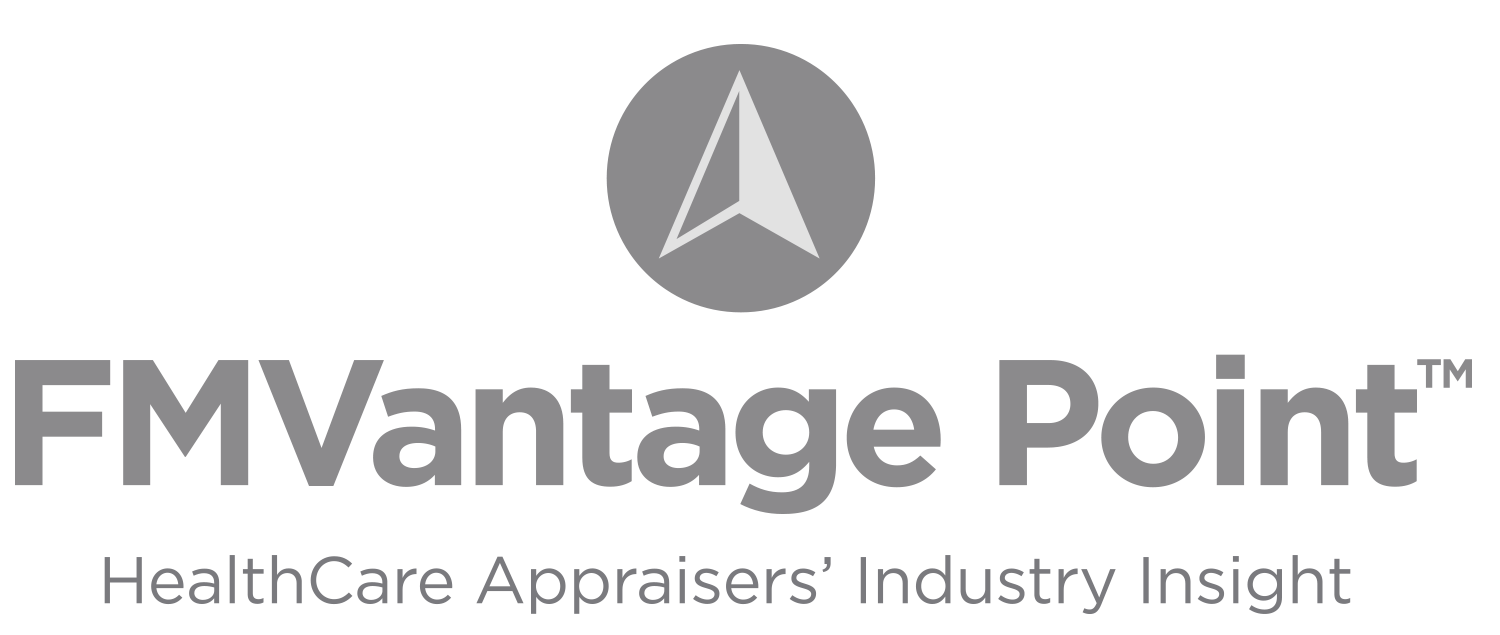Authors: Elizabeth Neiberg, JD

The notion of Diversity, Equity, and Inclusion (“DEI”) in business has been steadily gaining momentum in recent years, and is often cited as a key factor in the success and sustainability of a company. Everywhere we turn, it seems business leaders are emphasizing the virtues of DEI and its implications in corporate America. Let’s take a closer look at what this means, and how we at HealthCare Appraisers are furthering our own DEI initiatives.
Key definitions include:[1]
![]() Diversity: all aspects of human difference, social identities, and social group differences, including, but not limited to, race, ethnicity, creed, color, sex, gender, gender identity, sexual identity, socioeconomic status, language, culture, national origin, religion/spirituality, age, disability, and military/ veteran status, political perspective and associational preferences;
Diversity: all aspects of human difference, social identities, and social group differences, including, but not limited to, race, ethnicity, creed, color, sex, gender, gender identity, sexual identity, socioeconomic status, language, culture, national origin, religion/spirituality, age, disability, and military/ veteran status, political perspective and associational preferences;
![]()
![]()
![]()
![]()
![]()
![]()
![]()
![]()
From a business perspective, advancing DEI initiatives sets the stage for innovation and growth. Different perspectives directly influence a work-product – how it’s formed, who it serves, and how it functions. Individuals from different backgrounds with varying life experiences have the ability to bring a new perspective to the table. We see this in our day-to-day interactions with colleagues, both internally and externally. The ability to collaborate with individuals with different experiences and backgrounds furthers our ability to evolve, both individually and as a company. It is evident that the modern workforce is placing a premium on an inclusive culture, and advancing DEI in the workplace has to be at the forefront.
Here at HealthCare Appraisers, we recognize the importance of DEI, both internally and externally facing. Given that our individual social, economic, and cultural identities shape and influence our experiences and perceptions, we continue to work to ensure diversity in our workforce and inclusivity in how we work with one another. To further our knowledge and emphasis on DEI, this past February, our DEI Chair and Co-Chair obtained a Certificate in Diversity and Inclusion, and soon thereafter established a formal DEI Charter setting forth the DEI Council’s vision, objectives, responsibilities and operation. As a baseline, the DEI Council created and circulated an “Annual Climate Survey” to all employees to measure the understanding and commitment of HealthCare Appraisers to our DEI mission and vision, determine areas where action may be needed, and assist in the development and circulation of future surveys to measure progress. Most recently, the DEI Council established a formal Internship Program to identify and develop future talent and contribute to company growth. To learn more about how we think differently, please visit our website, https://healthcareappraisers.com/diversity-equity-and-inclusion/ or contact Elizabeth Neiberg, DEI Council Chair, at eneiberg@hcfmv.com.
[1] DEI Practices Your Company Should Adopt in 2022, Forbes. December 29, 2021. https://www.forbes.com/sites/janicegassam/2021/12/29/4-deipractices-your-company-should-adopt-in-2022/?sh=6e37236241d5; What is Diversity, Equity, and Inclusion (DEI)?, Diversity, Equity and Inclusion, A Professional Development Offering of the eXtension Foundation Impact Collaborative. https://dei.extension.org/; What Does Diversity, Equity and Inclusion (DEI) Mean in the Workplace, Kate Heinz, October 12, 2021, updated June 8, 2022, https://builtin.com/diversity-inclusion/what-doesdei-mean-in-the-workplace.
